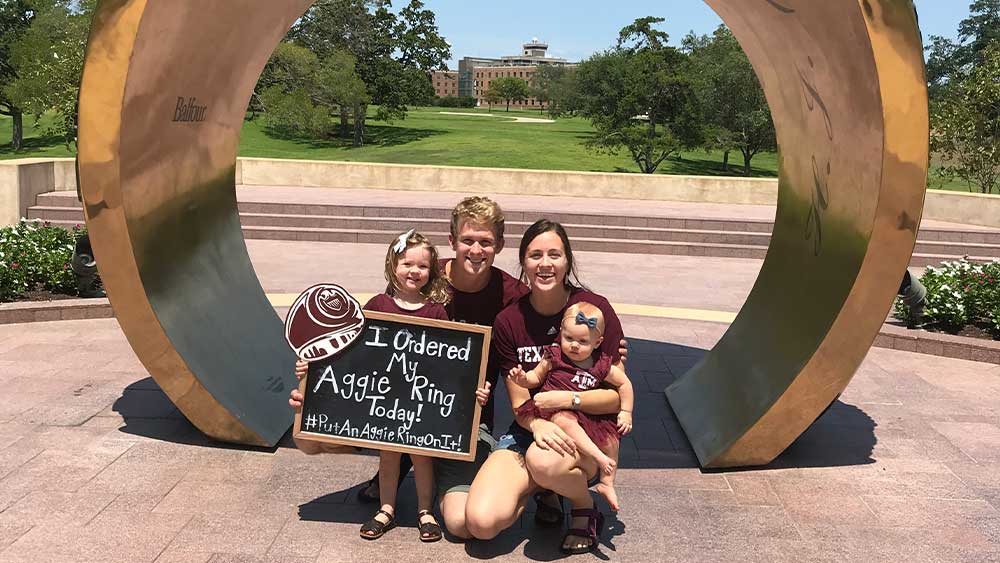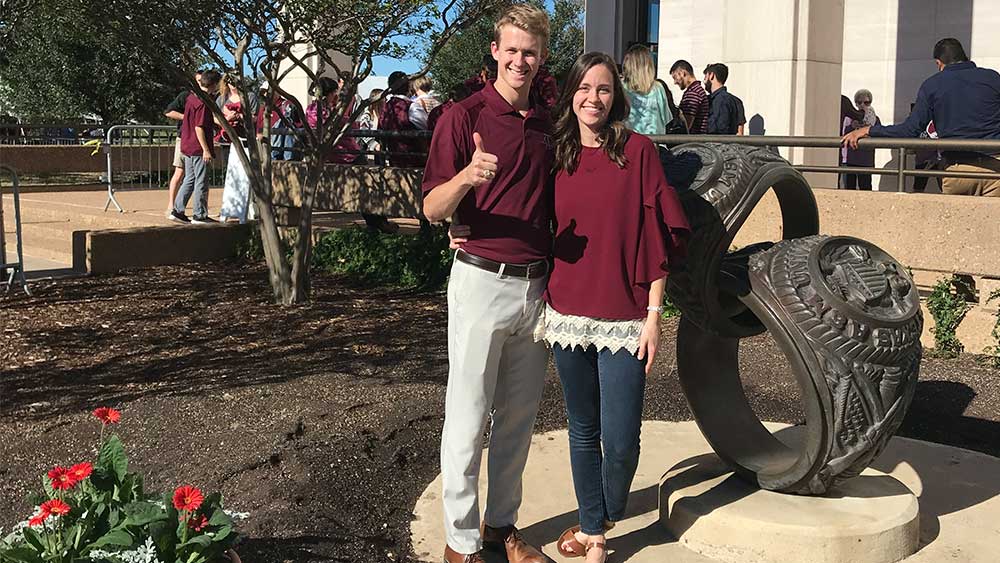
Creating a successful startup is just a dream for most people. For former student Grant Singleton ’20, his dream came true when he started PangoBooks, a fast-growing, venture-backed marketplace for books.
Singleton graduated from Texas A&M University just a year ago with a degree in computer engineering. The now-founder and CEO of PangoBooks can’t help but reflect on the opportunities provided by the Texas A&M College of Engineering’s startup incubator.
“The Engineering Entrepreneurship Program cleared up the mystery of a startup and I learned that it's really just a lot of hard work and critical thinking,” he said. “It's important to surround yourself with other entrepreneurs and driven people. Engineering Inc. is exactly that.”
Singleton participated in the 2019 Aggies Invent for Special Operations Command, where his team developed a prototype solution for an Army maintenance problem. It’s here that Singleton’s interest in utilizing technology to connect people and build a business peaked.
His team’s innovation, Maintain AR, addressed the currently inefficient and unreliable military maintenance process. Utilizing a cloud-based mobile application with augmented reality, it provided military mechanics and their supervisors with paperless instruction manuals, 3D models and a digital system for checks and balances. Their solution was designed to reduce repair time and costs, and most importantly, mechanical failure.
“Maintain AR was a business solution my friends and I built,” he said. “I wanted to put this experience online and go beyond Goodreads and other social platforms.”

Through Aggies Invent, Singleton was mentored by Rodney Boehm, director of Engineering Entrepreneurship, who taught the value of a compelling story when pitching a startup.
“He cut straight to the point and let me know (to drop) these minute details I was getting into with my pitch,” Singleton said about his time with Boehm. “This skill is exactly what helped me tell a compelling story that got my current company funded.”
He also had the opportunity to work with Jim Donnell, professor of practice in the Engineering Entrepreneurship Program, who offered useful insight that he now uses for his company.
“When our team talked with him during our face-to-face meeting, his main focus was on what value our company could bring,” he recounted. “This seems obvious, but my top focus with my current startup has been, ‘What value can I create for my users?’ A company is really only worth the value it can bring to customers.”
It is Singleton’s belief that engineering and entrepreneurship these days are inseparable as they both deal with solving complex issues every day. There’s also the added perk of being able to invent a prototype of your idea before pitching it.
“Being able to engineer the product yourself gives an entrepreneur the ability to bring a product to market at a low cost. This is crucial since an investor is much more likely to invest in your idea if you have already built it,” he said.